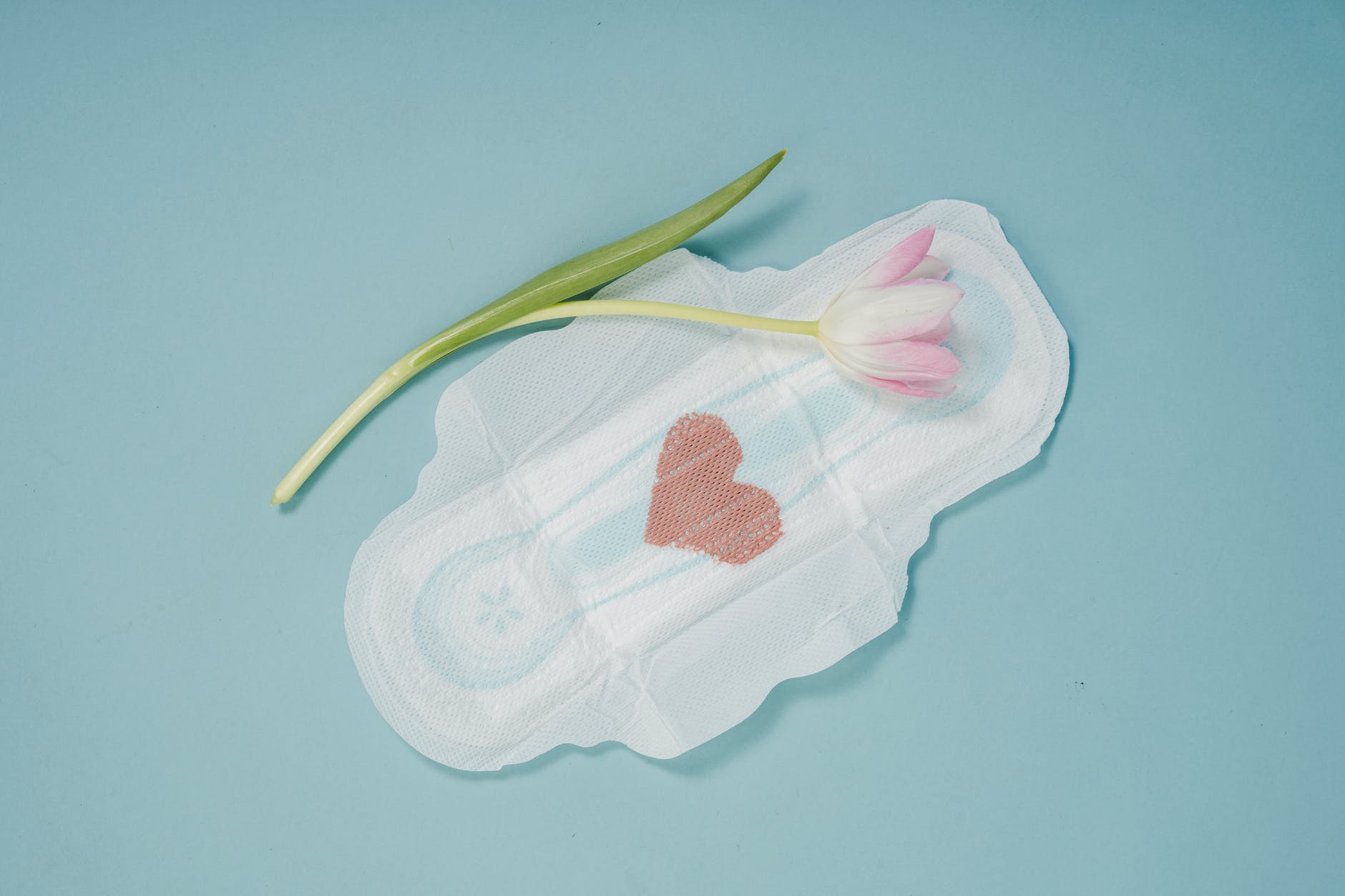Periods! Those seven days of every month in your life are more than a rollercoaster. Many parts of the world still consider periods taboo, leading to poor period hygiene.
It is estimated that over 500 million females worldwide lack proper period hygiene. This leads to serious health issues like Urinary Tract infections, Vaginal Infections, and Reproductive infections, which may cause infertility too.
Most of us experience our periods in secrecy and don’t really think about whether or not our habits are hygienic. In the following guide, we will discover what period hygienes every girl should maintain.
Look After Your Mental Health

During the menstrual cycle, females suffer a lot of hormonal changes. Within an instant, our mood swings. We face an emotional rollercoaster a day or two before our periods start.
It’s advisable during the time to avoid as much bad news as you can. Drink more hot beverages and desist from lifting heavy objects. You can also do yoga or listen to peaceful music to calm down.
Sometimes, these mood swings are so bad that they can cause anxiety issues too. That is why you should have as much water. Also, avoid sour foods like pickles, curd, etc., as they might increase your abdomen pain.
Put your mental health first because if your mind is not healthy, you may become messy and have poor period hygiene.
Pick Your Sanitation Technique

Nowadays, there are many napkins available in the market. From sanitary napkins to menstrual tampons and cups, all are recommended and considered safe.
Earlier, women would use cloth napkins. Even today, in some areas, females use cloth napkins made at home. It is because cloth napkins are more comfortable if used properly.
Compared to synthetic napkins, these are skin-friendly, eco-friendly, and less likely to produce allergic reactions or rashes. You can avoid exposing your intimate area to the toxins found in tampons and disposable sanitary towels.
However, if you use tampons, menstrual cups, and sanitary pads, it is advised that you stick to one brand after some time. Switching brands frequently can leave you uneasy because all brands suit differently to people.
Change Your Napkins/Tampons/Cups Timely

After leaving the body, menstrual blood becomes contaminated with the body’s natural microbes. This rule is more likely to apply on days when you don’t bleed much because your pad will still be damp and contain bacteria from your vagina and sweat from your genitals.
These microorganisms tend to multiply when left in a warm, wet environment for an extended period. As a result, they can cause skin rashes, vaginal infections, and urinary tract infections.
A sanitary pad/ cloth should generally get changed every six hours, while a tampon should be changed every two hours. In light of this, you must adjust the changing schedule to suit your requirements.
While some women may have a high flow and require more frequent changes, others may require fewer changes. There are a few situations where your tampon or sanitary napkin might not be utilized, mainly on days when your flow is smaller, but you still need to change frequently.
It is crucial in the case of tampons since they can lead to a condition known as TSS (Toxic Shock Syndrome) if kept in the vagina for an extended period.
Toxic shock syndrome is a disorder in which germs penetrate the body, causing severe illness while sending the body into shock. It needs immediate treatment and can lead to significant complications.
Clean Yourself More Often
Regular self-washing is vital because blood from your period often seeps into small crevices like the skin between your labia or the crust surrounding the vaginal opening. You should always wash any extra blood away.

Additionally, this method eliminates the unpleasant odor from the vaginal area. Therefore, it’s critical to thoroughly clean your labia (the protruding portion of female genitalia) and vagina before changing into a new pad.
Make sure to wipe the areas with tissue or toilet paper if you can’t wash them before changing.
Avoid Using Soaps or Other Feminine Hygiene Products
The vagina has a built-in cleaning system that maintains a delicate balance between healthy and dangerous germs. You risk killing the helpful bacteria and promoting infection by using soap to clean it.
So, even though it’s crucial to wash your hands frequently during periods, all you really need is some warm water. Soap is acceptable for use on the skin’s surface but not inside the vagina or vulva.
Get Rid of Your Used Sanitary Products Correctly

Because they might spread illnesses and have a strong odor, soiled napkins and tampons must be disposed of carefully. To keep the smell and virus contained, wrap it tightly before throwing it away.
Since they have the potential to block the toilet and produce a backup, it is advised against flushing pads or tampons down the toilet.
However, since you are likely to contact the used section of the pad or tampon when throwing away the used napkin, it is even more crucial that you wash your hands well afterward.
Keep Emergency Supplies Handy
Becoming period-ready is essential. A soft towel, some paper tissues, a hand sanitizer, a healthy snack, a bottle of water, and a tube of antiseptic medication should all be available. Carefully store extra sanitary pads or tampons in a clean pouch or paper bag (if you use one).
You will need more because it’s imperative to change your pads or tampons frequently. Furthermore, storing them properly is just as important as changing them to prevent contamination.
Infections like UTIs (urinary tract infections) and vaginal infections can also result from pads or tampons left in your purse without a clean pouch to preserve them.
If you feel hungry or weak, you can always have a bar of chocolate or coffee. Apart from that, it’s necessary to keep yourself hydrated. You may not feel hungry or thirsty during your periods, but you have to look after your health.
So, drink water as much as possible, avoid negative news and comments, talk to your loved ones, listen to soft music, and do breathing exercises if required.
Last but not the least, do not worry! You can pass these seven days with ease.


Leave a Reply